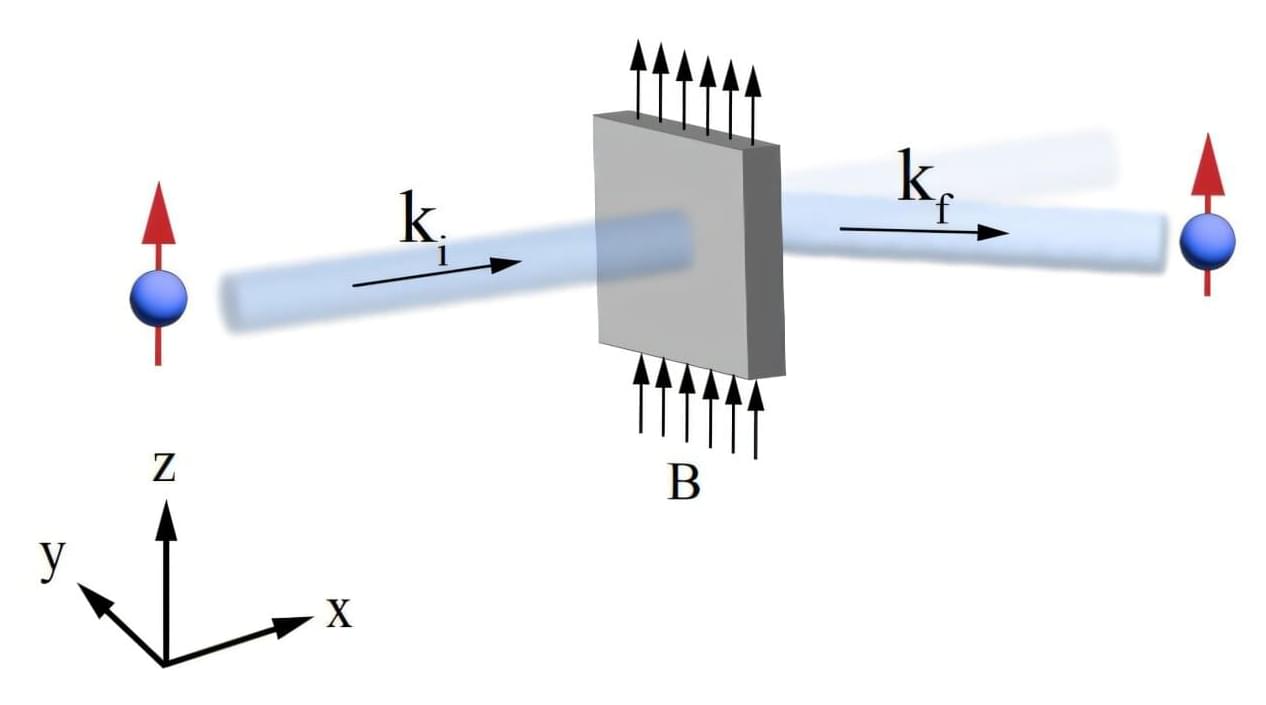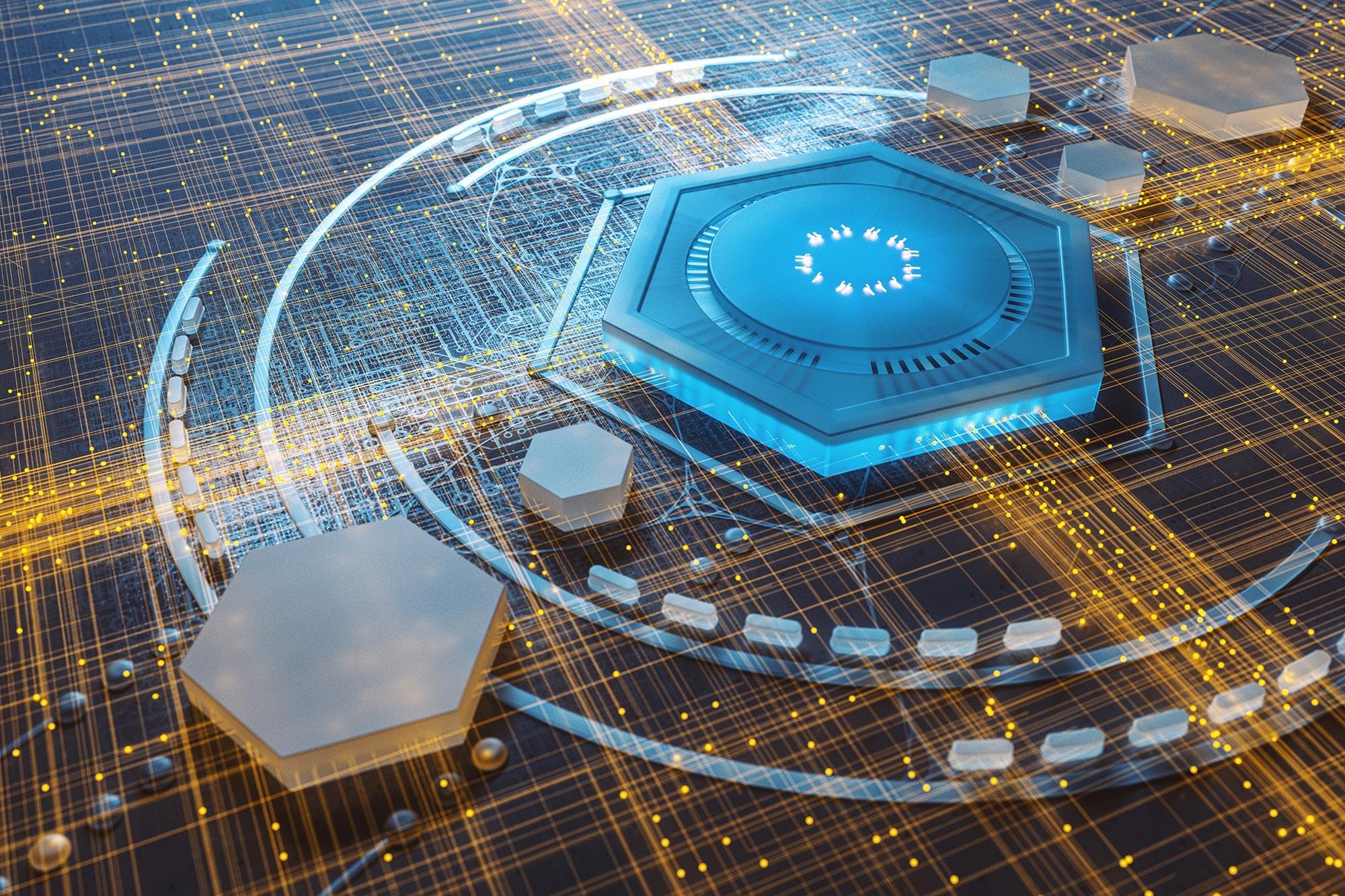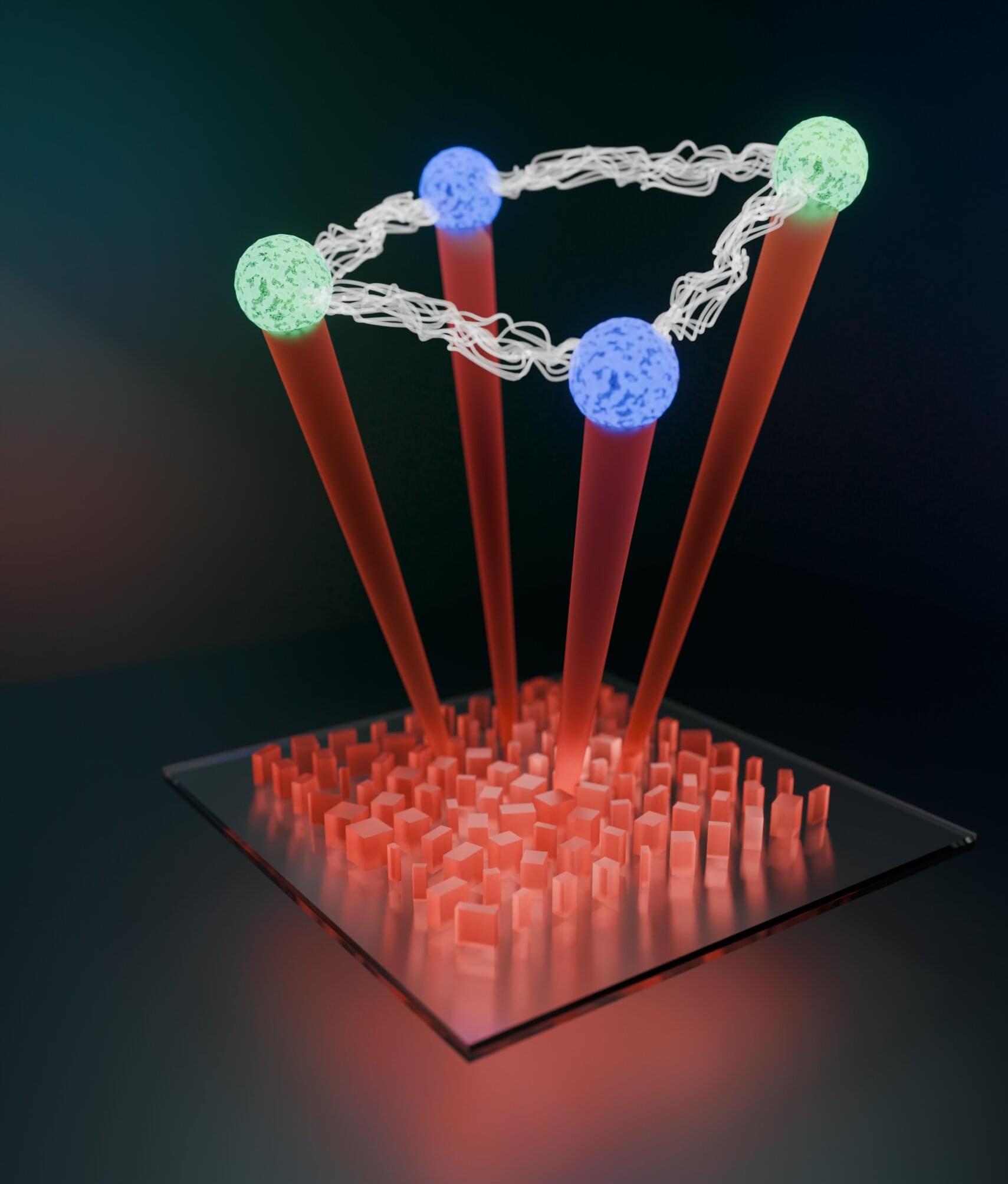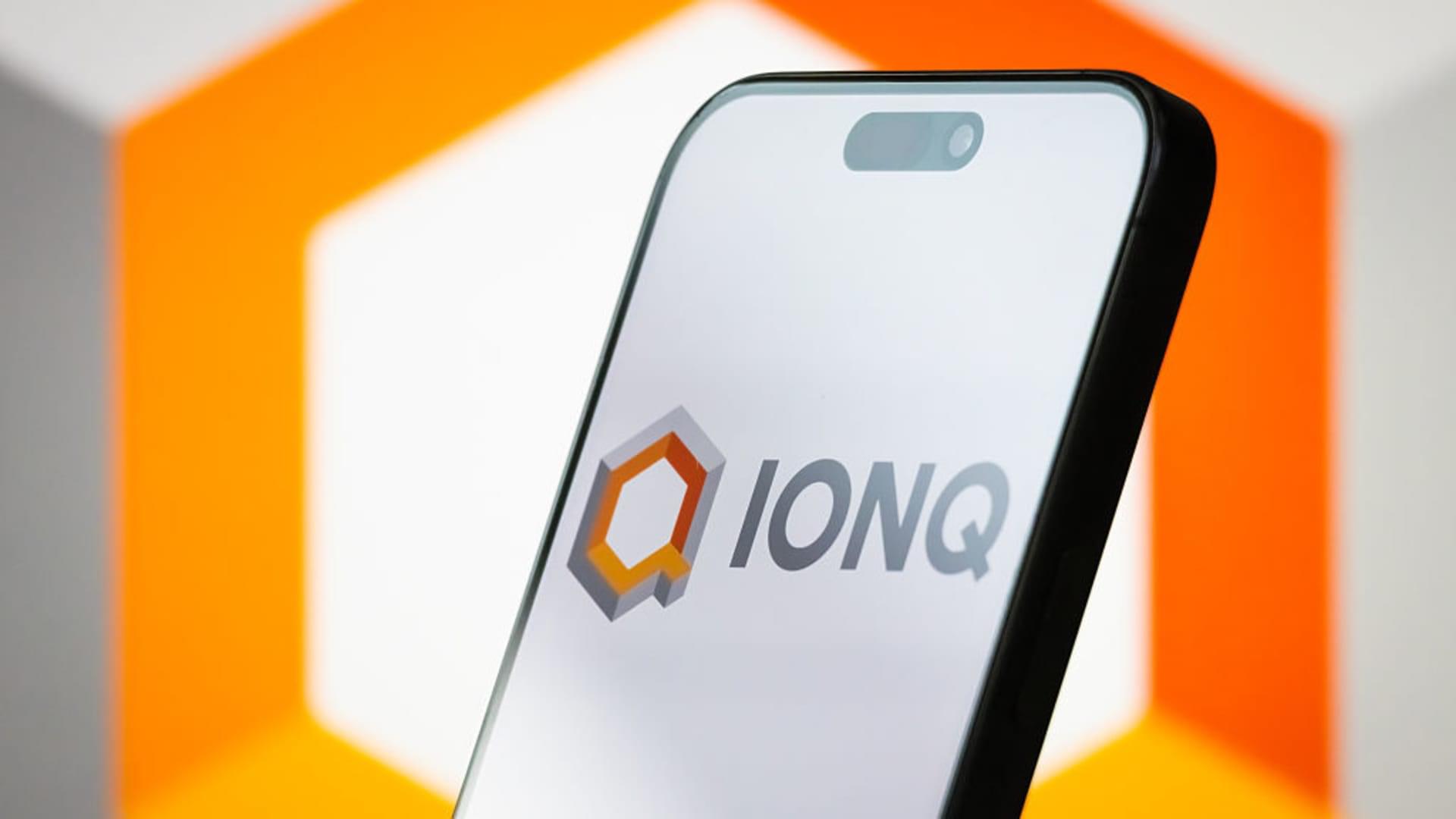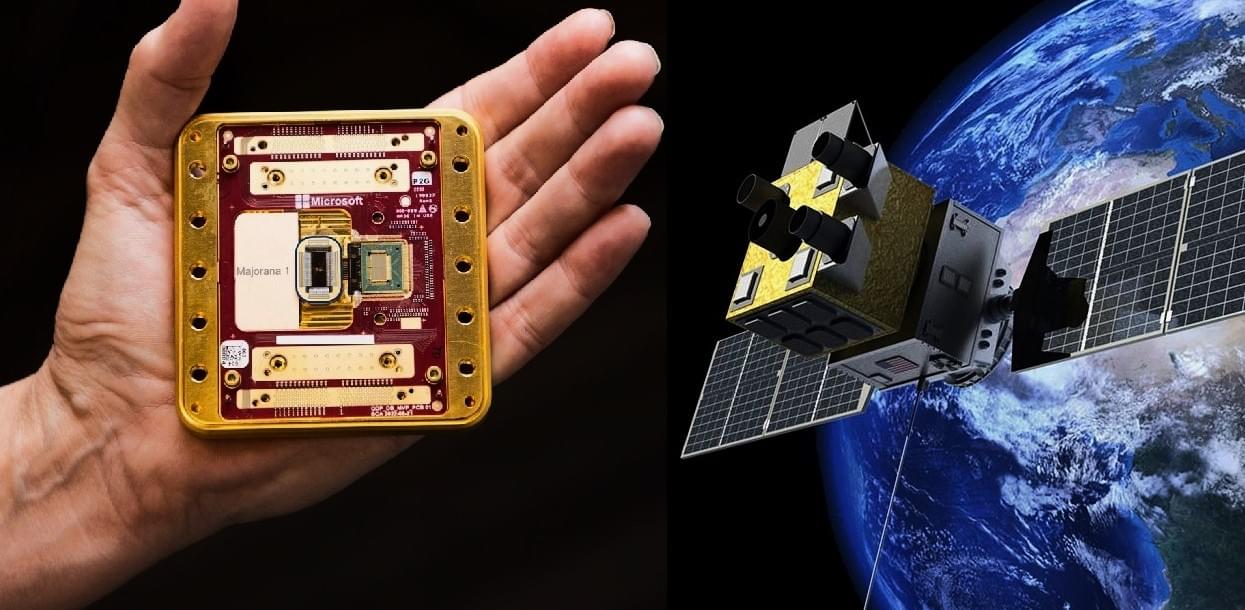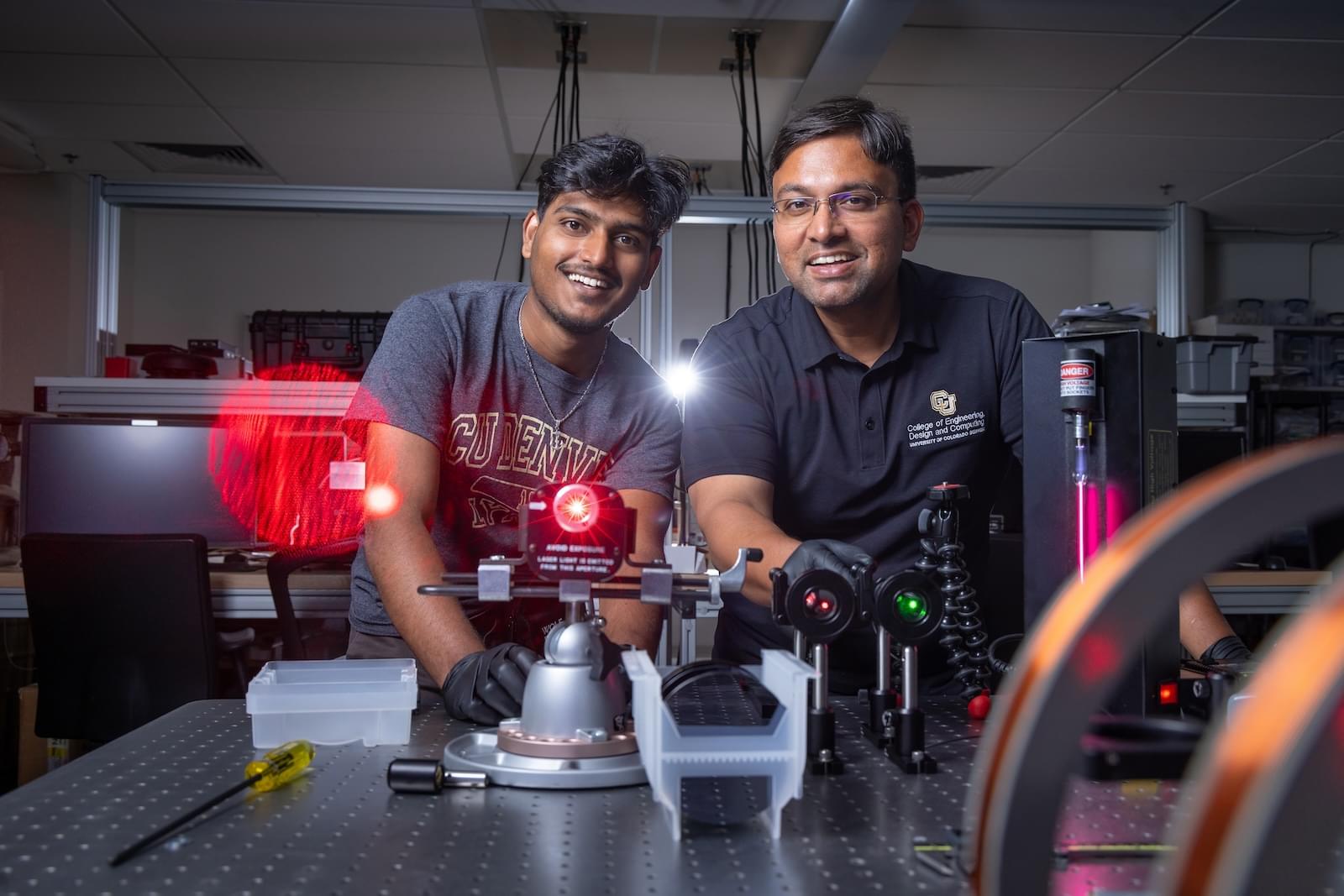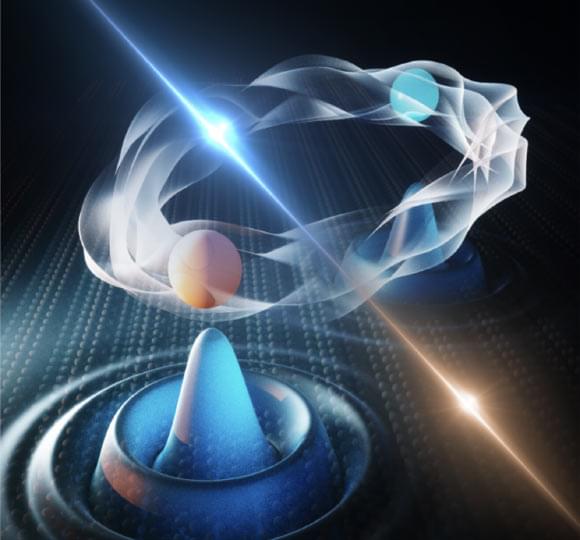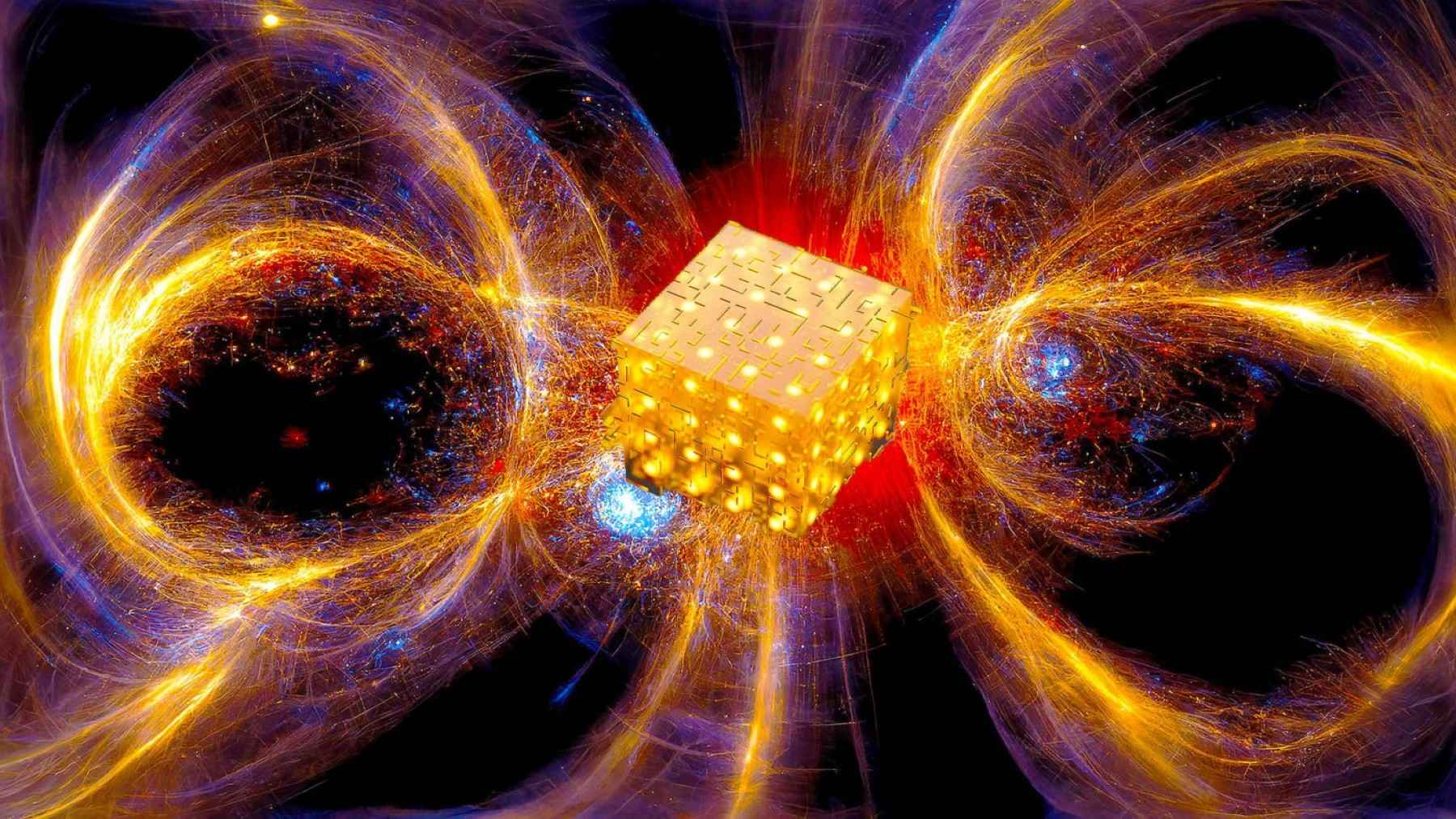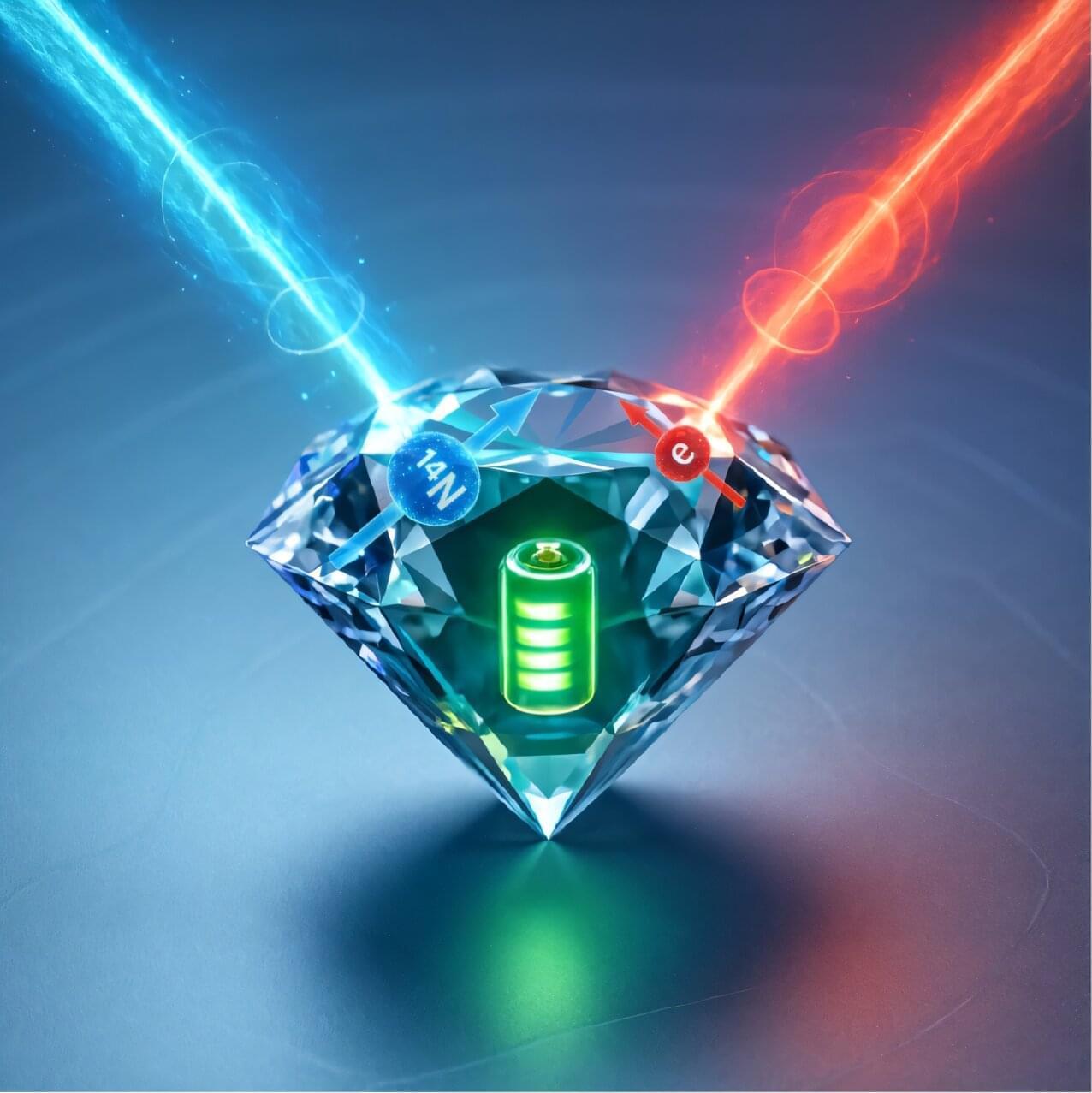Sahai has found a way to create extreme electromagnetic fields never before possible in a laboratory. These electromagnetic fields—created when electrons in materials vibrate and bounce at incredibly high speeds—power everything from computer chips to super particle colliders that search for evidence of dark matter. Until now, creating fields strong enough for advanced experiments has required huge, expensive facilities.
For example, scientists chasing evidence of dark matter use machines like the Large Hadron Collider at CERN, the European Organization for Nuclear Research, in Switzerland. To accommodate the radiofrequency cavities and superconducting magnets needed for accelerating high energy beams, the collider is 16.7 miles long. Running experiments at that scale demands huge resources, is incredibly expensive, and can be highly volatile.
Sahai developed a silicon-based, chip-like material that can withstand high-energy particle beams, manage the energy flow, and allow scientists to access electromagnetic fields created by the oscillations, or vibrations, of the quantum electron gas—all in a space about the size of your thumb.
The rapid movement creates the electromagnetic fields. With Sahai’s technique, the material manages the heat flow generated by the oscillation and keeps the sample intact and stable. This gives scientists a way to see activity like never before and opens the possibility of shrinking miles-long colliders into a chip.
A University of Colorado Denver engineer is on the cusp of giving scientists a new tool that can help them turn sci-fi into reality.
Imagine a safe gamma ray laser that could eradicate cancer cells without damaging healthy tissue. Or a tool that could help determine if Stephen Hawking’s multiverse theory is real by revealing the fabric underlying the universe.
